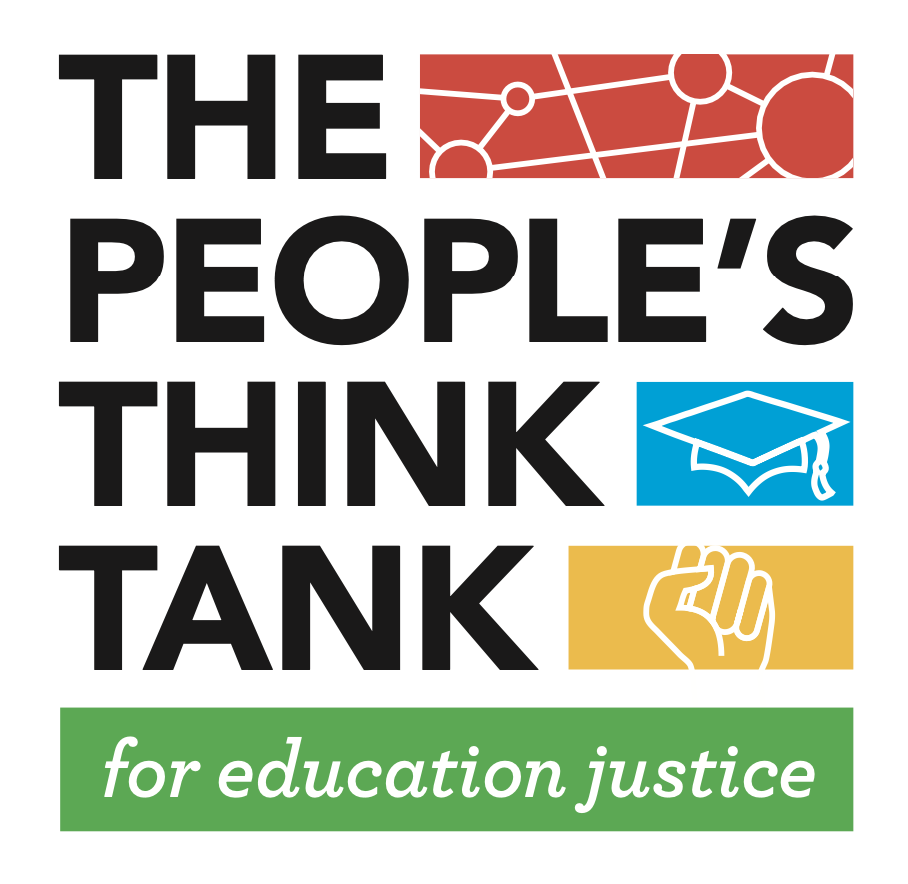This participatory action inquiry on intersectional organizing extends understanding of intersectionality as developed in the academic world to the perspectives and experiences of grassroots organizers. Academic discourse focuses on the inclusion and leadership of people with intersectional identities—those marginalized along multiple lines. Organizers in this study center people and communities at the intersections of systems of marginalization and seek to address their issues. Many articulate that finding solutions that address their needs will create solutions for all. At the same time, organizers more often stress traditional understandings of the interconnected nature of issues in the lives of people and the interconnections between communities.
This study identifies many processes that support solidarity building. And, through our own solidarity building action research project, we offer an additional way of thinking about solidarity. Solidarity is often understood as one movement or community supporting another’s struggles or building a coalition or formation that promotes multi-issue collaboration.. We found that through building relationships and sharing across diverse experiences, organizers learned to expand their own organizing in intersectional ways. In other words, organizers may remain organizing within their primary community and around their primary issue(s), but they do so in new, more inclusive ways and with more inclusive demands when they recognize the need for solidarity within their intersectionally diverse community. For ourselves, we understood in a new way that although educational justice is our network’s connecting thread, we like other movements are internally very diverse. Consequently, if we are fighting for justice in education in intersectional ways, we are fighting for justice for all those who have been marginalized.

